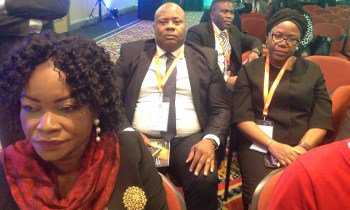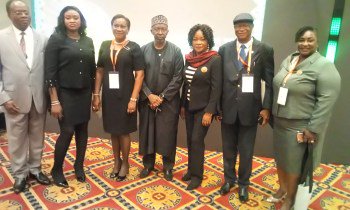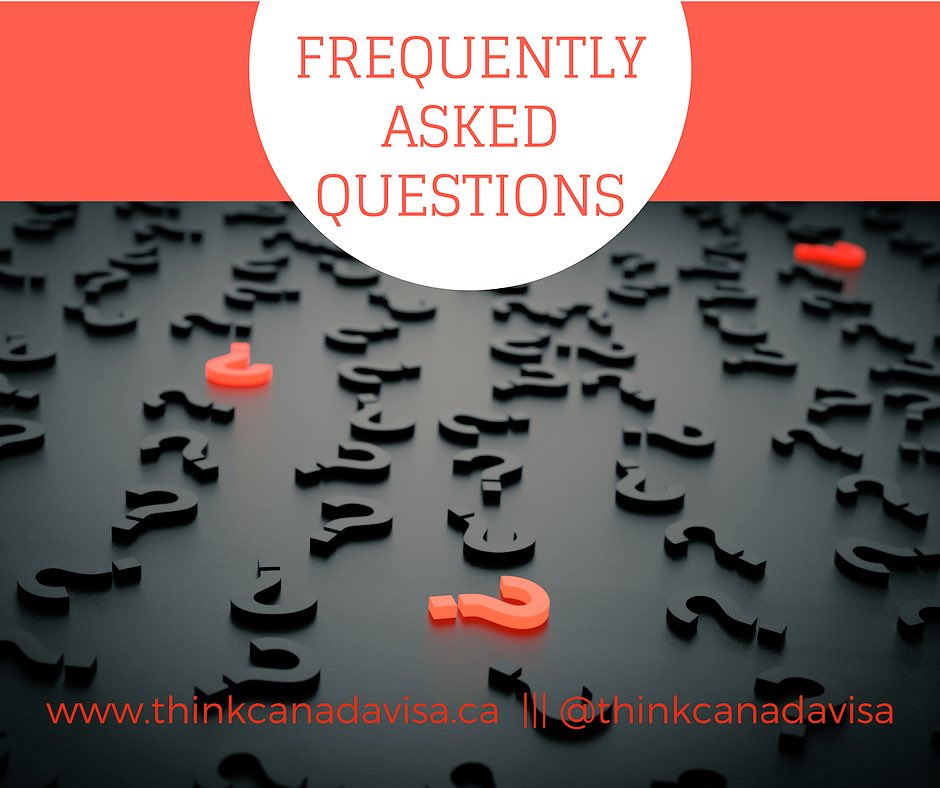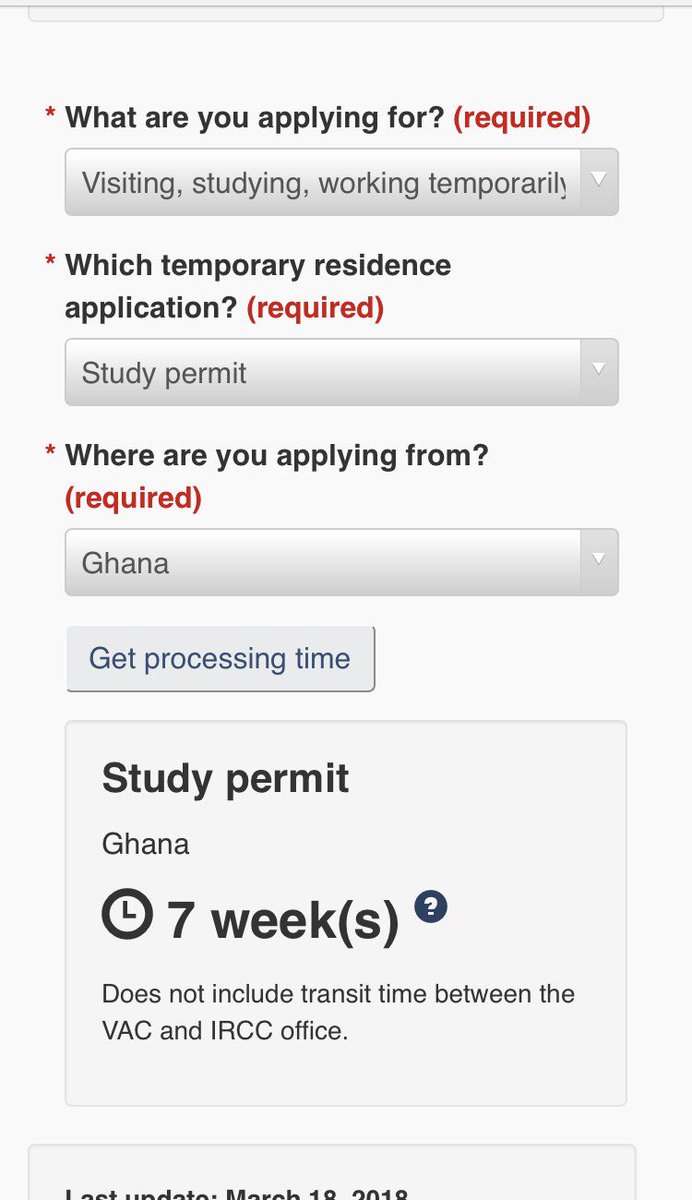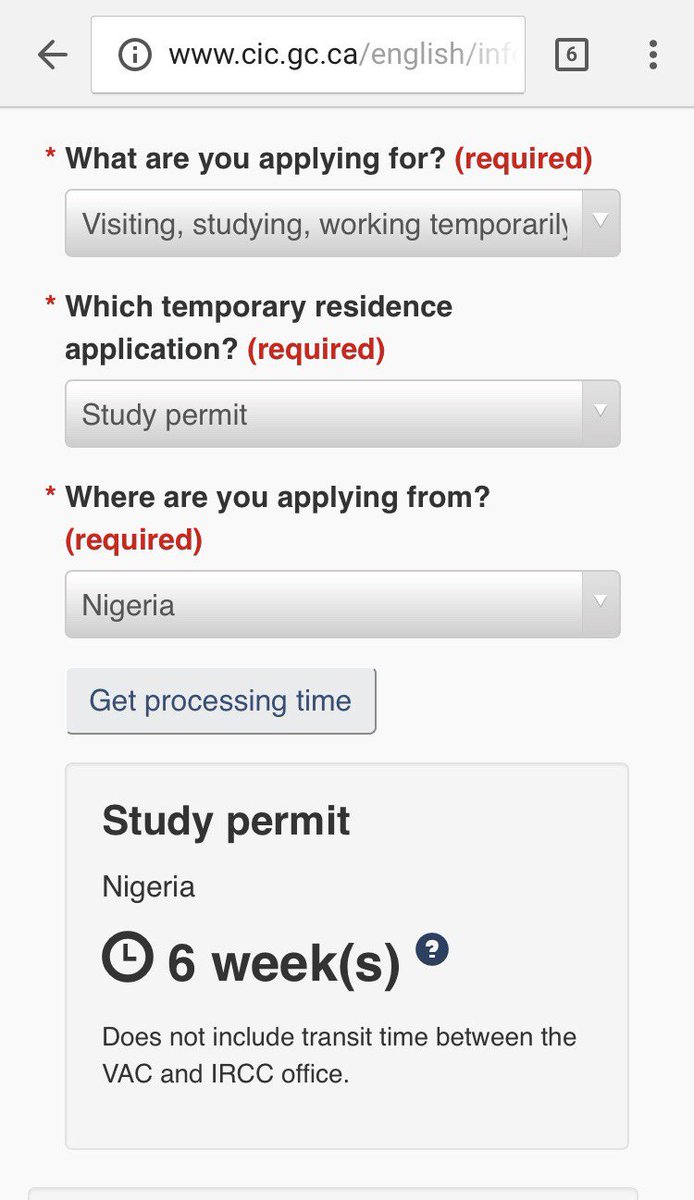In 1970, Nigeria Head of State General Yakubu Gowan passed Decree No 13, this was how crude oil taxes were now to be shared.
next tweet...
1. Oil Producing States got 0% of Mining Rents and Royalties
2. Federal Government got 100% of Mining Rents and Royalties
3. Non-oil states got 0%
Equality of States 50%
Population 40%,
Land mass 10%
So here we see population of States and land mass introduced to revenue sharing
So in summary, its 67% to 0% to 13%.
It’s fair to say the FGN has mismanaged the oil industry, NNPC is essentially broke…can’t manage its assets to return a profit, still flares gas, i.e. legally “burn” money.
So why hold the oil? If they can’t manage it? Well because the FGN has built a massive bureaucracy funded by crude oil.
So what should we do? It’s a no brainier, give the oil back to the people, Tax the oil business....simple
1. The FGN has to get out of business of Business, and set herself as a regulator of business and recipient of business taxes, the gains are obvious, its costs are reduced, and its revenues go up.
“To him who little is given…little is expected”









